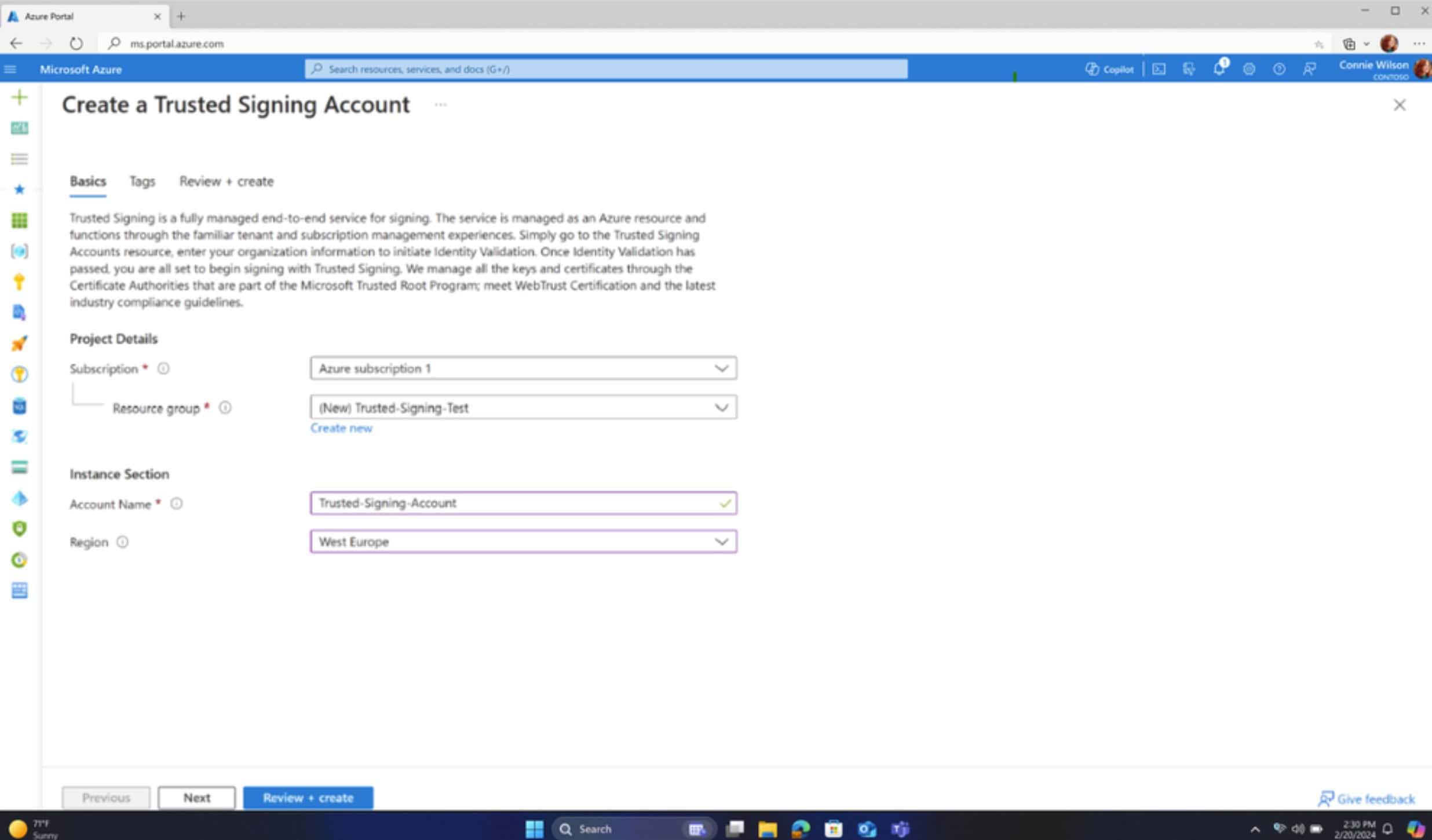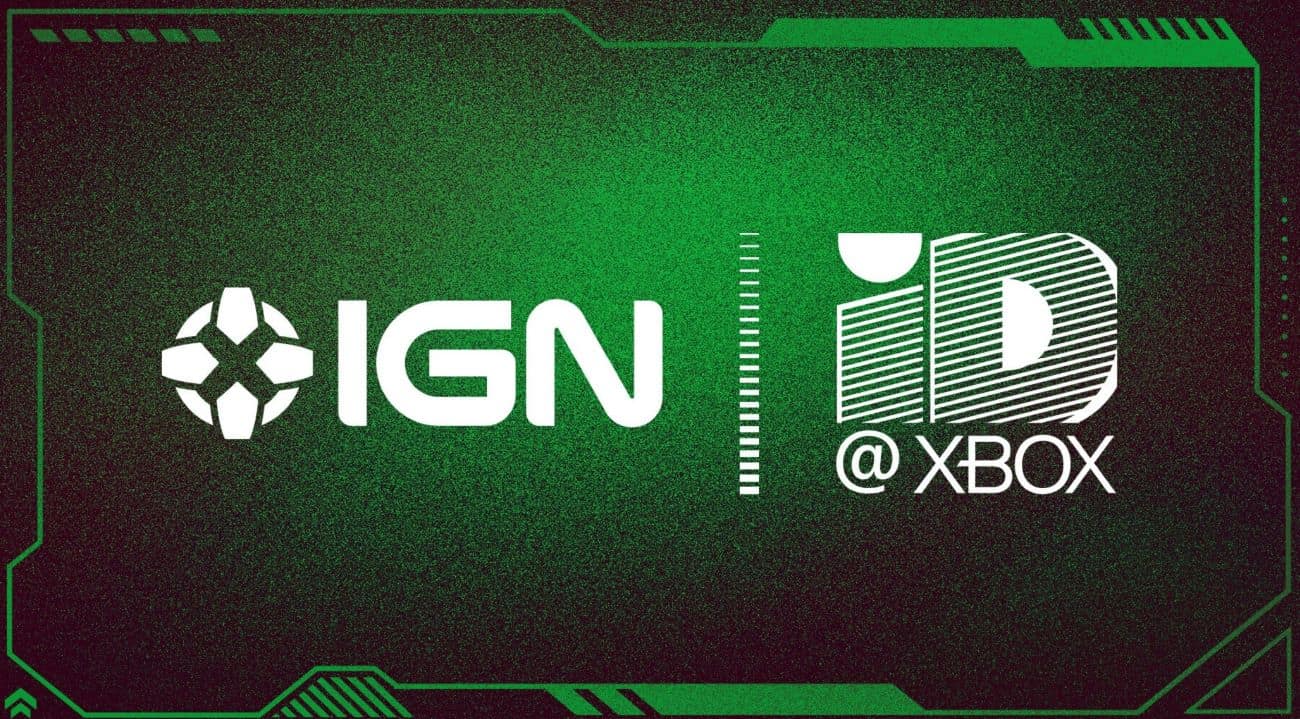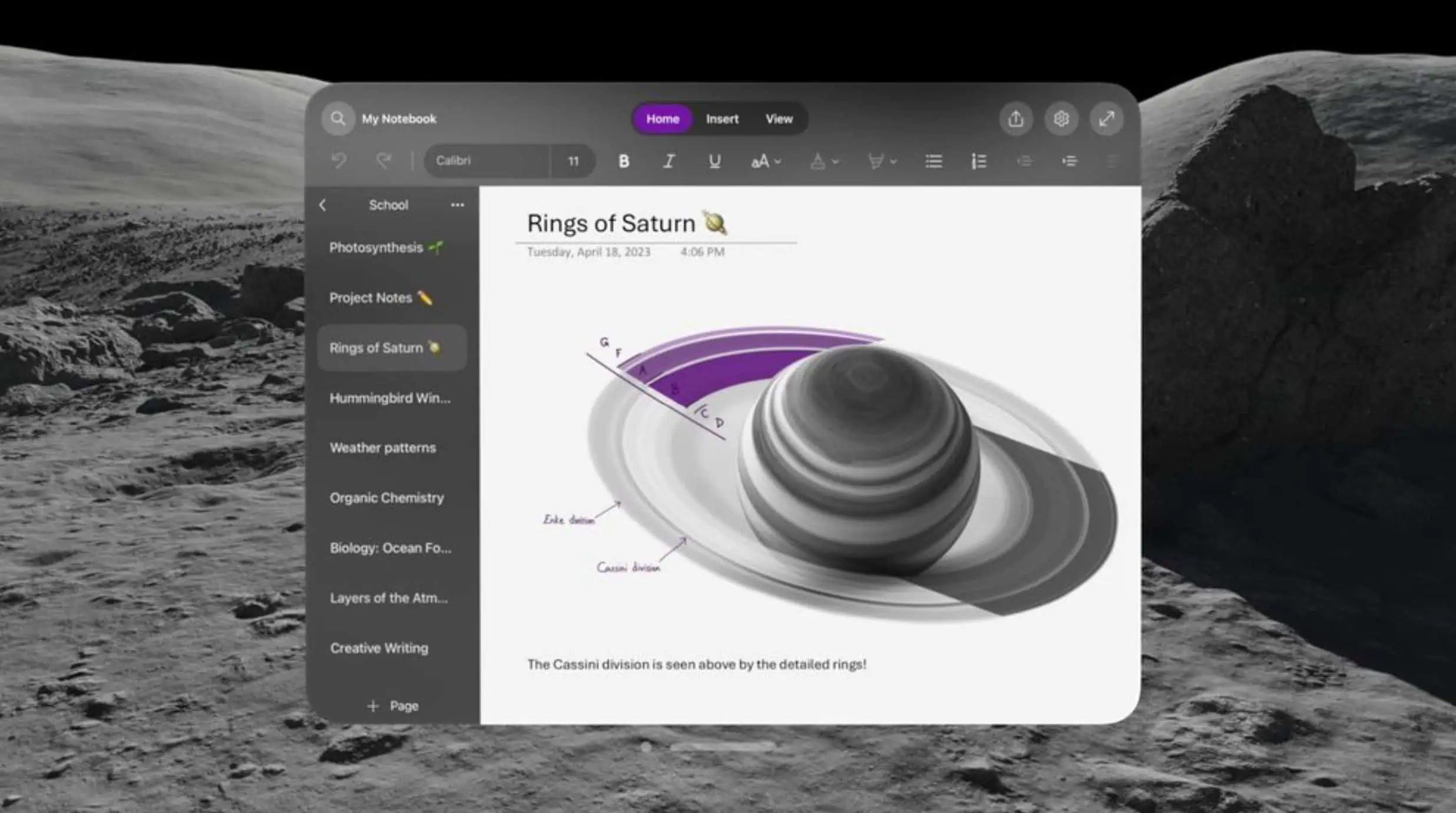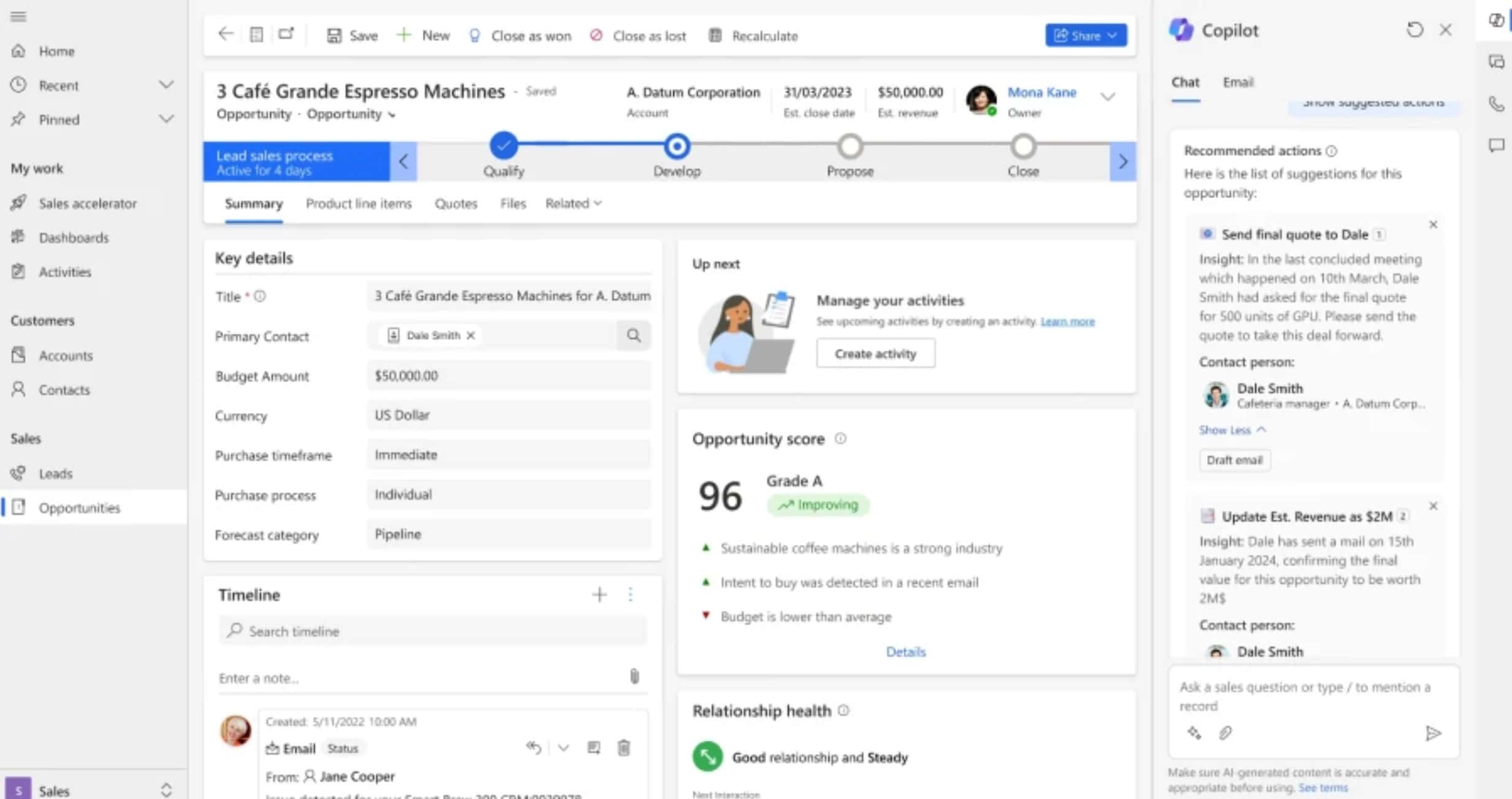Incoming CEO of GitHub talks about the future of Atom text editor, VSTS and more
7 min. read
Published on
Read our disclosure page to find out how can you help MSPoweruser sustain the editorial team Read more

Earlier this week, Microsoft officially announced that it is acquiring GitHub, the world’s leading software development platform for about $7.5 billion. Microsoft mentioned that GitHub will operate independently and will continue to provide an open platform for all developers in all industries by supporting programming languages, tools and operating systems of their choice for their projects. Microsoft also said that CVP Nat Friedman will become GitHub CEO while GitHub’s current CEO, Chris Wanstrath, will become a Microsoft technical fellow. Nat Friedman today discussed many things about GitHub’s future under Microsoft during his AmA on Reddit. You can read some of his answers below.
Q: What plans does Microsoft have regarding GitHub’s Atom text editor (which obviously overlaps in target user with VS Code)?
Developers are really particular about their setup, and choosing an editor is one of the most personal decisions a developer makes. Languages change, jobs change, you often get a new computer or upgrade your OS, but you usually pick an editor and grow with it for years. The last thing I would want to do is take that decision away from Atom users.
Atom is a fantastic editor with a healthy community, adoring fans, excellent design, and a promising foray into real-time collaboration. At Microsoft, we already use every editor from Atom to VS Code to Sublime to Vim, and we want developers to use any editor they prefer with GitHub.
So we will continue to develop and support both Atom and VS Code going forward.
Q: Will this mean that some Microsoft product features (Visual Studio Live Share) will eventually cross over to Atom as well?
VS Code and Atom actually share a ton of history and code, and Microsoft and GitHub have collaborated on the foundational technologies for years:
- Most obviously, we work together on Electron, the common foundation for both editors. Microsoft began working with GitHub on Electron when it was announced in 2015–when it was still called AtomShell and before VS Code was announced. We joined their Slack channels and participated in hackathons, and Microsoft has been a major contributor to Electron ever since. We also use Electron in many other products…
- Atom-ide ?adopted the ?Language Server protocol ?that we developed as part of VS Code. This allows sharing advanced language support between VS Code and Atom. The language packs that Atom-ide supports all share the language servers with VS Code.
- The Atom-ide community is also talking about adopting the ?Debug Adapter protocol? which will enable common debugger support between Atom and VS Code.
- We’re excited about the recent developments in real-time collaboration, and I expect Atom Teletype and VS Code Live Share to coordinate on protocols so that eventually developers using either editor can edit the same files together in real-time.
So, I love the years of collaboration between Microsoft and GitHub that have produced these two beloved editors, and I expect this fruitful relationship to continue!
Q: What is your response to people moving repos to GitLab and other providers?
Developers are independent thinkers and will always have a healthy degree of skepticism, but I admit I was sad to see that some felt compelled to move their code. I take the responsibility of earning their trust seriously.
OTOH, I think it’s great that git gives developers the flexibility to move their repos like this, and I hope those who have tried out other Git hosts in the past few days will keep an open mind and consider moving back once we’ve demonstrated our commitment to openness and made GitHub even greater. If they choose not to move back, that’s their prerogative and we celebrate developer choice even when developers don’t choose us.
That said, the GitHub team reports that the set of users who have migrated or closed their accounts is extremely small, and this is more than made up for by the surge of new signups and new interest in GitHub this week.
Q: Should we anticipate any advertising to start appearing on our public GitHub project repositories?
No.
(Some historical context: when GitHub started, Sourceforge was the dominant code hosting site on the internet. Sourceforge was eventually owned by a media conglomerate, who heavily monetized the site through advertising. It became a swamp of banner ads and pop ups and delayed downloads to expose users to more ads. GitHub’s clean interface and developer-centric approach can be seen in part as a reaction against Sourceforge. It’s obviously been the right path.)
Q: In addition to the most visible public open source repositories, GitHub is home to countless -private- repositories, many of which are owned by companies with offerings that directly compete with Microsoft. This is a very clear conflict of interest. What steps can Microsoft take to prove private repositories remain private even from Microsoft employees and executives?
Microsoft hosts the confidential information of more than one billion customers today, and this is a responsibility we take extremely seriously.
GitHub already has policies and controls in place to limit employee access to private repos, and this will remain as tight as ever under Microsoft.
Q: What elements of Github’s culture would you like to bring to Microsoft?
One of the cool things about GitHub is that GitHub runs on GitHub; their sales, marketing, and legal functions actually use issues and pull requests to collaborate across the company. This means that all of the various teams work in the open, and this contributes to a very collaborative culture (it also means that new lawyers at GitHub learn how to merge a PR and which emojis to use when they join!).
Q: My question is this: What kind of integration, competition, deprecation, etc. can we expect with regards to VSTS and GitHub both offering very similar services? Are there plans for the products and/or teams to be merged together from both areas or will they remain separate?
Millions of developers rely on VSTS, including Microsoft itself. VSTS also has lots of functionality that’s beyond version control, including CI, release management, manual test management, etc. Our plan is to continue to support both VSTS version control and GitHub, and to do the integration work so that VSTS users have a great experience, with full integration and traceability, if they choose to use GitHub for version control.
Q: Is Github going to change from a technological/stack standpoint? To be more precise, will the stack still be mostly Ruby / Rails focused or are we going to see more diversification regarding tech?
GitHub was obviously an early adopter of Rails and the team has done an incredible job of scaling their stack to being one of the largest sites on the internet (#34 in the US on Alexa). There are no plans to replatform GitHub.
Q: Are you keeping normal GitHub accounts or trying to push users to use a universal Microsoft account for GitHub login?
We love GitHub login. Your GitHub account is your developer identity, and many users are accustomed to signing into developer tools and services (e.g. Travis, Circle) with their GitHub accounts. So, if anything, we may decide to add GitHub as a login option to Microsoft.
Q: Given Microsoft’s acquisition history and the tarnished reputation some products have received as a result, why should we trust that this is a good thing for the future of GitHub?
Microsoft has learned some hard (expensive) lessons about this type of acquisition. Acquisitions under the current Microsoft leadership have a good track record – Minecraft and LinkedIn are examples where Microsoft acquired a successful platform, provided the companies with the resources they needed to accelerate, then let them continue to operate independently. It’s working well.
You can read more answers from Nat from the source link below.
Source: Reddit








